What kind of washing doesn't make things any cleaner?
Corporate greenwashing misleads consumers into believing they're making more environmentally-friendly decisions
Today’s the day! You’re finally ready to buy the airplane ticket for the vacation you’ve been planning for months. You choose the right schedule, maybe spring for some extra legroom, and you’re in the checkout page when you notice another section below the “insure your trip” option. Apparently, you can check a box to offset some of the greenhouse gas emissions from your flight.
As informed as you are on the climate crisis, your face lights up. You know that air travel is responsible for the highest amount of your personal emissions and jump at the opportunity to mitigate your impact. Best of all, it only costs a few more dollars. An insignificant amount, really, when considering how much you’re spending on the ticket.
If you’ve been in this situation, I commend you for making the best decision you can for the planet. I’ve been there, too, and have made the same choice. I might even do it again in the future. However, I always check that carbon offset box begrudgingly. Why? There’s a couple of reasons.

One reason is that carbon offset programs are often built on shaky science. For those of you who aren’t familiar, what companies mean by offsetting emissions is investing in natural solutions that absorb carbon. For example, planting trees that will absorb a certain amount of carbon over their lifetimes.
Corporations that tout their investment in carbon offsets envision their emissions like a balance sheet. On one side, they release greenhouse gases into the atmosphere through their activities, and on the other, they finance carbon offset programs that cancel those emissions out. If they finance enough of these projects to cancel out all of their emissions, the company might then claim to be operating in a carbon neutral manner.
The problem is that how much carbon one tree planted today will absorb from the atmosphere is difficult to estimate exactly. Not just that, but a tree planted today will actually need a number of years to grow before reaching its full carbon-absorbing potential. So really, can the companies investing in planting these trees claim that they’re negating the emissions they’re releasing into the atmosphere this year?
Now, look, investing in forests and swampland and other carbon sinks, as they’re known, is incredibly important. Corporations should be doing this. But they shouldn’t be claiming to be operating with net-zero emissions, putting carbon neutral badges on their websites, and asking their customers to pitch in a few extra dollars to finance their decarbonization.
After all, each company is responsible for mitigating their own emissions. That would be like airlines adding a box at checkout that says you can pay $5 to help them replace their fleet with more fuel efficient models. They should be able to find money in their yearly budget for these sorts of strategic purchases. And it’s a deliberate choice when they don’t.
However, by adding a carbon offset option at checkout and saying they’re carbon neutral, these companies are also making a strategic choice. They are intentionally portraying themselves to the public as more eco-friendly alternatives than their competitors, all the while, their internal sustainability and leadership teams know that there is no significant difference between them and other industry players.
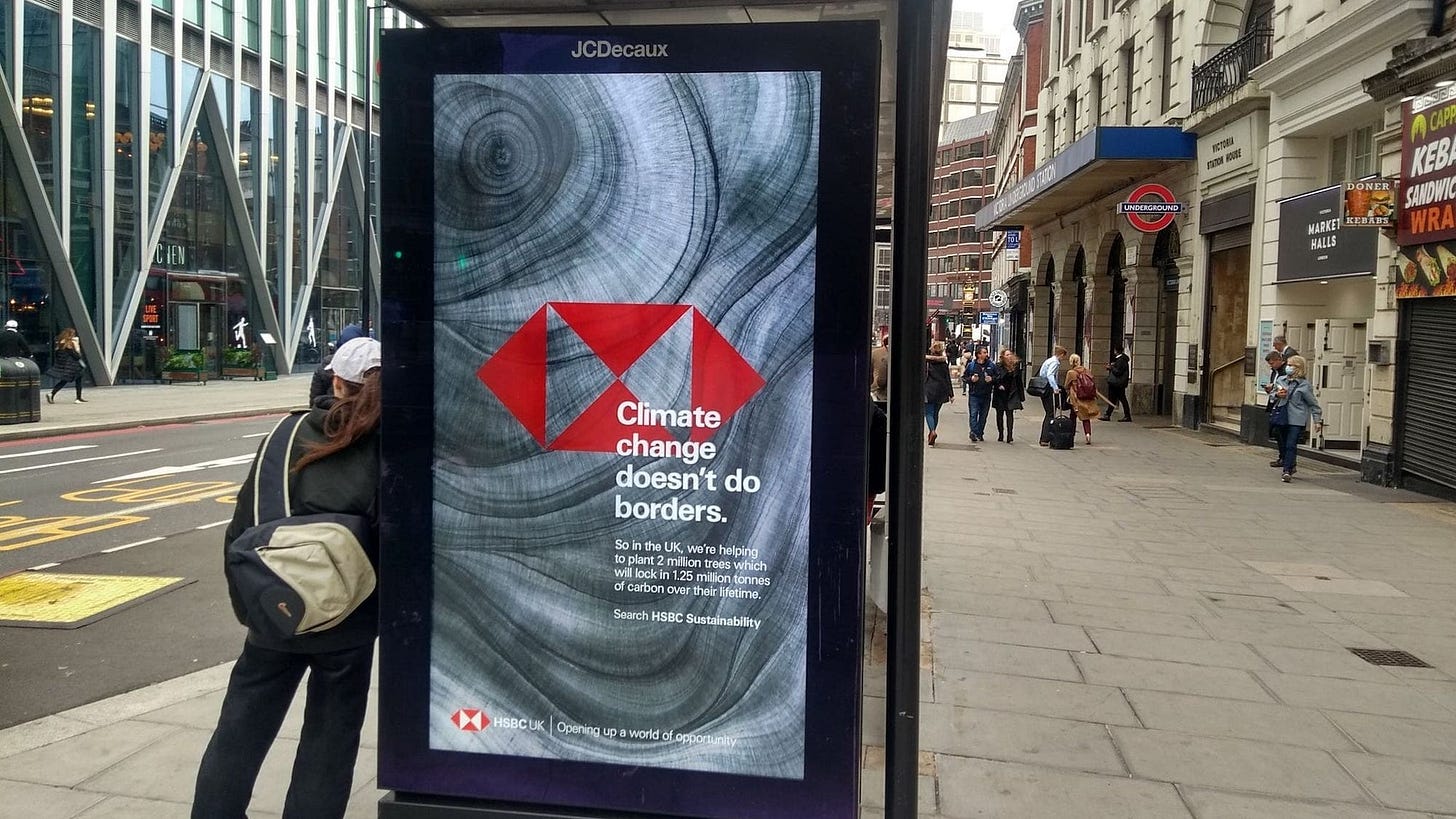
This, my friend, is called greenwashing. The term is etymologically related to whitewashing, where historical tales are scrubbed of people of color to emphasize the achievements of white people, but focuses instead on a type of virtue signaling in which companies claim that their products or their organization as a whole are doing more for environmental stewardship than they really are.
While greenwashing deals specifically with environmental concerns, it’s worth noting that the term ethics-washing exists to refer to organizations whose misleading claims extend to labor rights and more. These communication and marketing tactics exist solely to make consumers feel better about their purchasing decisions by making them believe that they’re supporting an environmentally-friendly or ethical company.
That means that the company executives have realized that their customers care about these issues and don’t want to lose their business, but instead of actually investing in environmental and social sustainability programs, they’ve decided to portray themselves as something they’re not. Effectively, engaging in false advertising.
Trying to take greenwashing companies to court for their false advertising is tricky, however. First, there are tons of companies nowadays that claim to be sourcing their materials sustainably and using fair labor standards. Way too many to vet one by one. Second, false advertising claims will be easily dismissed if the original promotional content is worded vaguely enough.
For example, if a wool manufacturer claims their sheep are “living the good life”, and it’s then proven that they’re an industrial factory-farm-type operation, the judge might rule the claim to be classic puffery intended to be humorous rather than factual. The term “natural” is also notorious in this context since there’s no standard legal definition for what “natural” ingredients are.
A product with “99% natural” written in big, bright letters on its packaging might contain harmful substances regardless, and unsuspecting consumers who experience adverse reactions would have no recourse to hold the company that sells it accountable due to the ambiguity a word like natural has within the legal system.
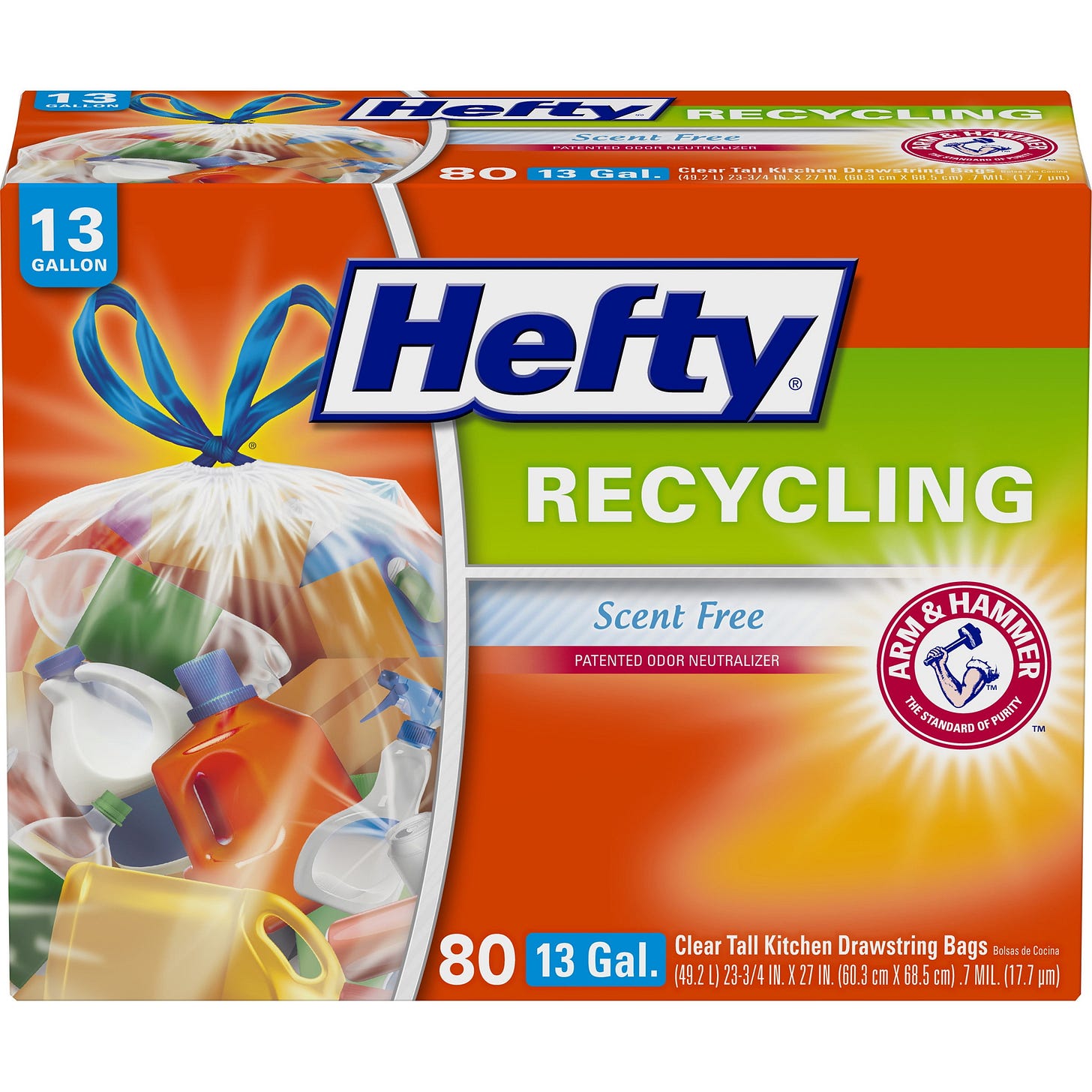
These are some of the reasons why corporate greenwashing is such a widespread problem. But if greenwashing is so difficult to combat through official means, what can we do about it? There’s more than one answer.
As a professional, hold your company accountable from the inside. If you see that your company is releasing a marketing campaign with misleading information, make your voice heard. In a safe environment, this might mean talking to your manager about your concerns. In case you fear retribution, an anonymous complaint might be the way to go.
If you’re working at a large multinational with an important reputation and they’re claiming something particularly egregious, exposing their wrongdoings could mean becoming a whistleblower. This requires courage and a strong support system. Whistleblowers announce their organizations’ misdeeds to the world knowing that their career will be impacted because they can’t stay silent about the real damage their employers are doing.
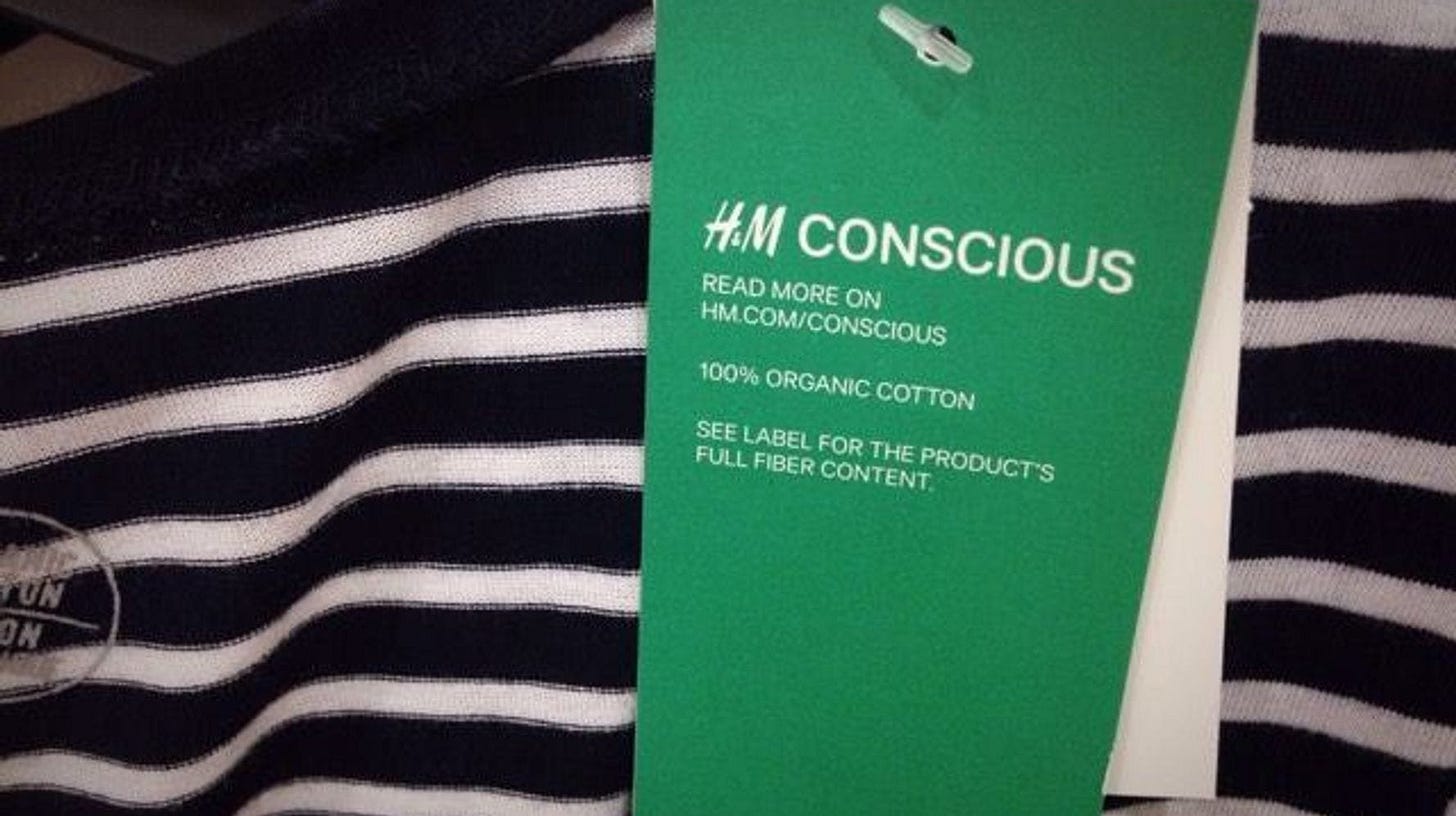
It’s harder to hold companies accountable from the outside, but consumers aren’t completely powerless. We can all train ourselves to identify greenwashing claims and use our public platforms to denounce the companies that make them. Being able to discern which companies are truly working on their sustainability journey from the ones merely paying lip service allows us to choose the prior when making purchasing decisions.
Here’s a few pointers:
Beware of straight A students
As I explained earlier, there is no sound science that can prove that a company is operating at net-zero emissions today. Organizations that make these sorts of claims are often looking for easy ways out of the problem instead of putting in the time and effort needed to decarbonize. Companies that embark on this journey in earnest will be humble about their progress and everything they have yet to accomplish.
Make sure they show the work behind their results
Sustainability goals are complex and highly-scientific. Take carbon accounting, for example, which is based on mathematical models specific to the country in which the organization operates in. That’s why best practices in sustainability always dictate transparency. Companies should make their sustainability reports publicly available and share things like emissions factors so outsiders can trust that their calculations are sound. If an organization doesn’t share this data publicly, it certainly raises an eyebrow or two.
Suspect anyone in a highly polluting industry
The third tip is often the most intuitive. Ever seen a fast fashion company advertising their second-hand shopping initiative and felt a little icky? That’s because companies in highly polluting industries like fast fashion love to promote these sustainability initiatives to greenwash their image. All the while, their second-hand initiative doesn’t mitigate even 1% of the massive amount of waste they generate. I focused on air travel earlier in the article for similar reasons. There is no such thing as a sustainable airline today. The most sustainable companies in these industries will admit that they still have a long way to go (see rule #1).

That’s not to say that companies in highly polluting industries can’t make progress in their sustainability efforts, but it will require an extraordinary investment and, often, a complete business overhaul. Take Ørsted, a danish energy giant. Nowadays, Ørsted is a leader in renewable energy production, but that’s only after a remarkable transformation.
Ørsted was originally an oil and gas company, but after realizing that fossil fuels had to be phased out in order to achieve a livable future, they spent a decade metamorphosing from the most coal-intensive energy company in Europe to one of the greenest.
That is the kind of dedication we need to see from every company if we’re to keep the planet inhabitable for everyone, including non-human species. The companies that choose to greenwash their performance instead of taking the incremental steps needed to achieve this are prioritizing profits over people and the planet.
They’re also taking advantage of their customers by feeding them misleading claims and siphoning the energy consumers would otherwise funnel to more sustainable alternatives. So, remember that organizations that are really working on their environmental footprint will be transparent about both their achievements and the all the work they still have ahead of them.
If you think a sustainability claim seems too good to be true, then it might just be!


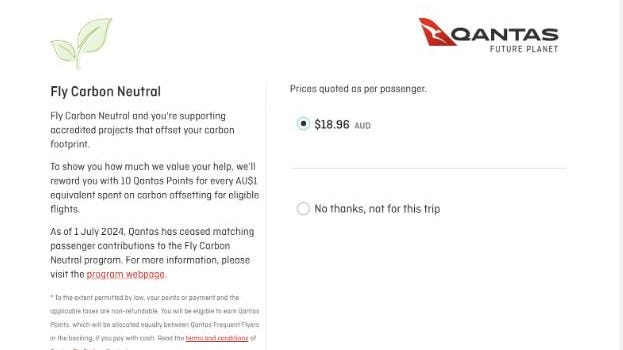
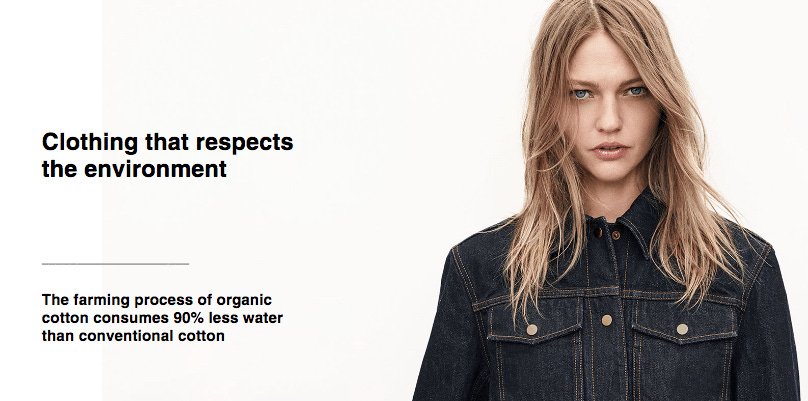
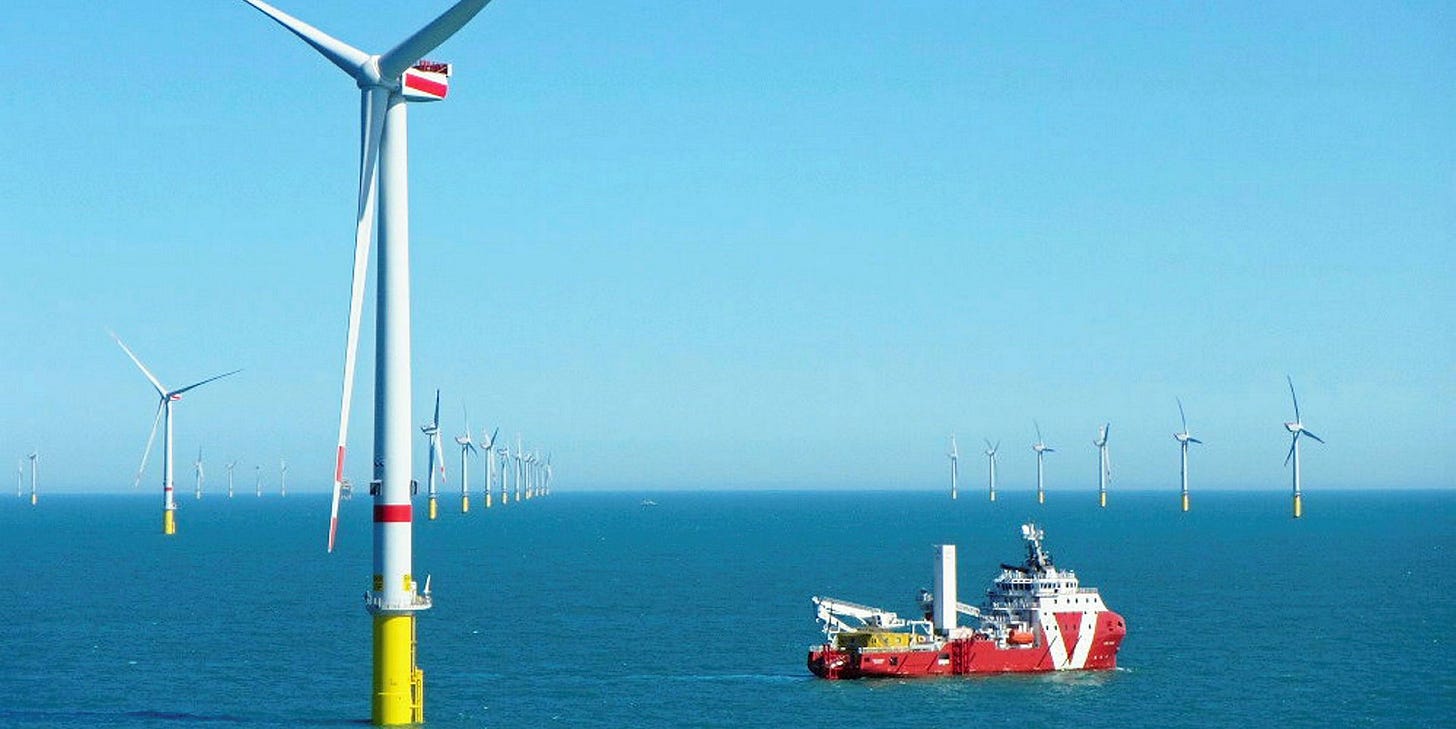
It’s sad how we do fall for false advertisements thinking we are doing good for our planet. Great article!